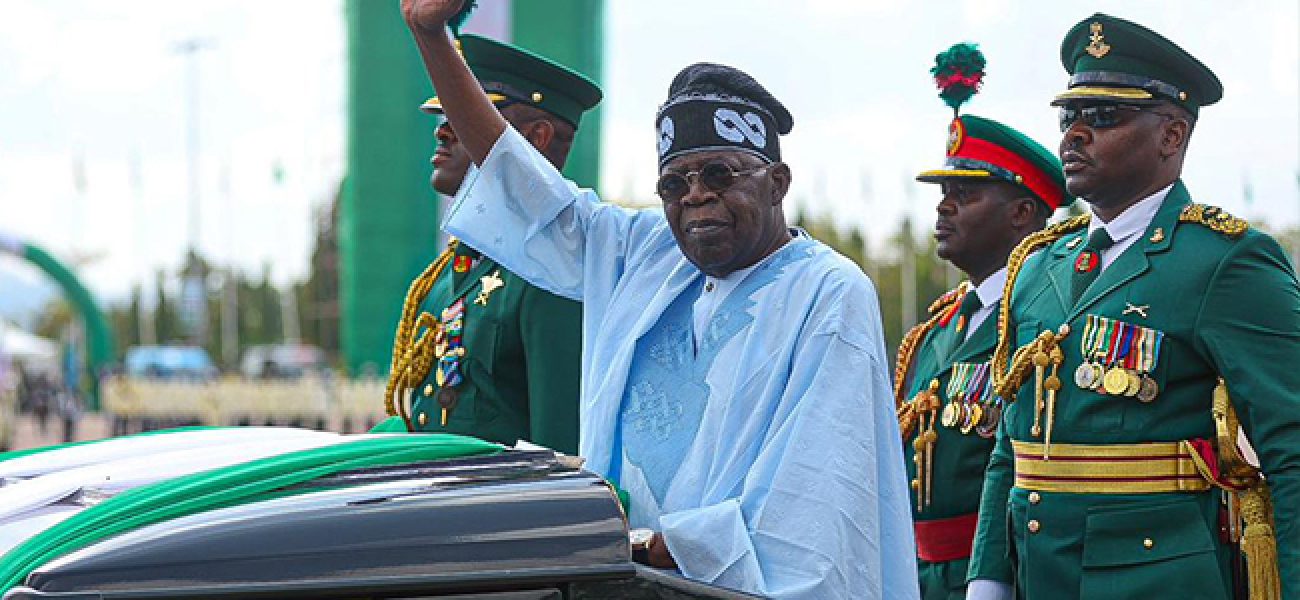Nigeria’s Democracy marked 25 years of uninterrupted civilian rule on May 29, 2024. The legislative arm of government is the biggest beneficiary of this accomplishment. In the Fourth Republic, the National Assembly has now attained 25 years of uninterrupted existence, while the earlier republics – First to Third, only had brief life spans. The First Republic lasted until 1966, collapsing after 6 years of Nigeria’s independence from Great Britain. The 13-year period of military rule, civil war, coups and counter coups followed and lasted until 1979, when the Second Republic came into being.
The Second Republic was short-lived. Lasting only 4 years, it was truncated by another military coup in December 1983, which period lasted until 1999. In this period, Nigeria suffered one of the most brutal military dictatorships in the African Continent, superintended over by Gen. Muhammadu Buhari, Gen. Ibrahim Babangida and General Sani Abacha. It took several years of citizens’ activism, fights by human rights activists and incredibly brutal suppression by the military dictators mentioned herein to overcome military rule in Nigeria and return to democracy in May 1999.
In-between this period, Gen. Babangida tried to run a diarchy and attempted to create a Third Republic that will be a combination of military and civilian rule. This experiment only lasted a few months, resulting in the failed Third Republic in 19993 when Gen. Sani Abacha, one of Africa’s most murderous regimes overthrew the diarchy system led by a hand-picked Ernest Shonekan.
The beginning of the Fourth Republic on May 29, 1999 was after shaky elections that human rights activists and organisations had expressed serious misgivings about. Pleas made to human rights activists by international actors and governments failed to reduce the scepticism. The activists preferred to monitor the conduct of the elections rather than participate in it.
Under the banner of Transition Monitoring Group (TMG), human rights organisations came together to observe the elections under the short-lived administration of Gen. Abdulsalami Abubakar who handed over power to Olusegun Obasanjo, a former military ruler who was pivotal in ending military rule in 1979 and handing over to the civilian administration led by Alhaji Shehu Shagari in the Second Republic, in October 1979.
The Fourth Republic which came into place on May 29, 1999 returned with the Senate and House of Representatives at the national level and State Houses of Assembly in the 36 States of the country. The legislative business of the Federal Capital Territory (FCT) resided with NASS. Although Nigerians expressed some disappointment and unfulfilled expectations with the Fourth Republic, human rights activists, particularly from the military era continue to express the important need for democracy to be supported in the country, citing the incredible deterioration of human rights and values that the country suffered under military rule. The constitutional guarantees of separation of powers under the 1999 Constitution, as well as different mechanisms of accountability under civilian rule remain important for the survival of democracy in the country.
Since the return of the legislature in Nigeria’s system of government 25 years ago, significant laws have been passed for the purpose of accountability and responsibility in government. Some notable laws passed by the National Assembly that have been key to good governance in the country include: Procurement Act, Fiscal Responsibility Act, Nigeria Extractive Industries Transparency Initiative (NEITI) Act, Freedom of Information Act, several alterations to the Nigerian constitution, a new Electoral Act, a new Police Act, etc.
As the Nigerian Legislature sets to mark 25 years of uninterrupted legislative business, citizens express concern that their expectations will need to be taken on board if their faith in democracy is to be strengthened.
Policy and Legal Advocacy Centre (PLAC) has been working to support the building of a strong legislature in Nigeria. Our work with the legislature spans several of its most important Committees, building capacities of lawmakers and staff to fulfill their constitutional responsibilities of law making, oversight and representation.

